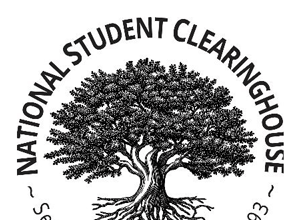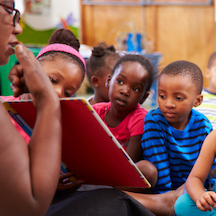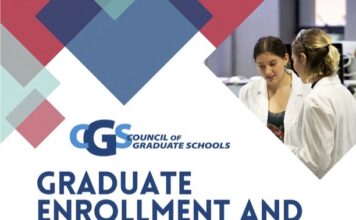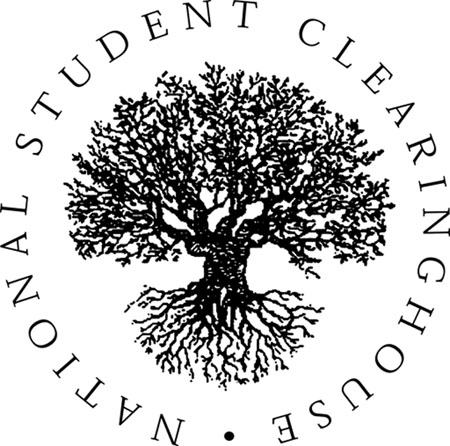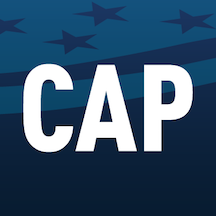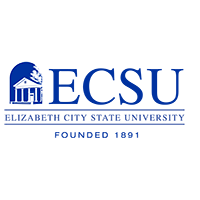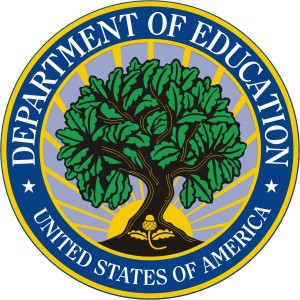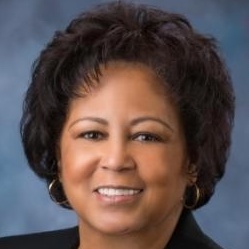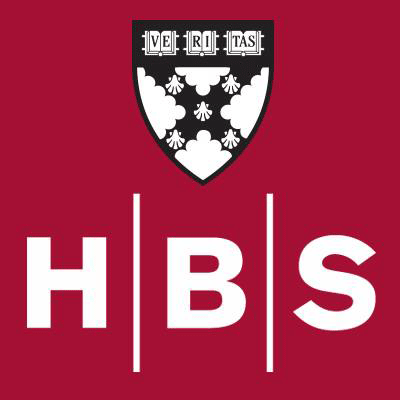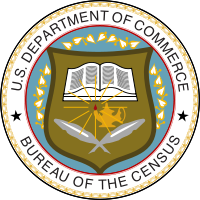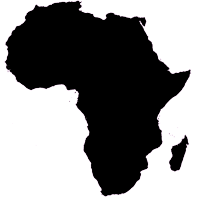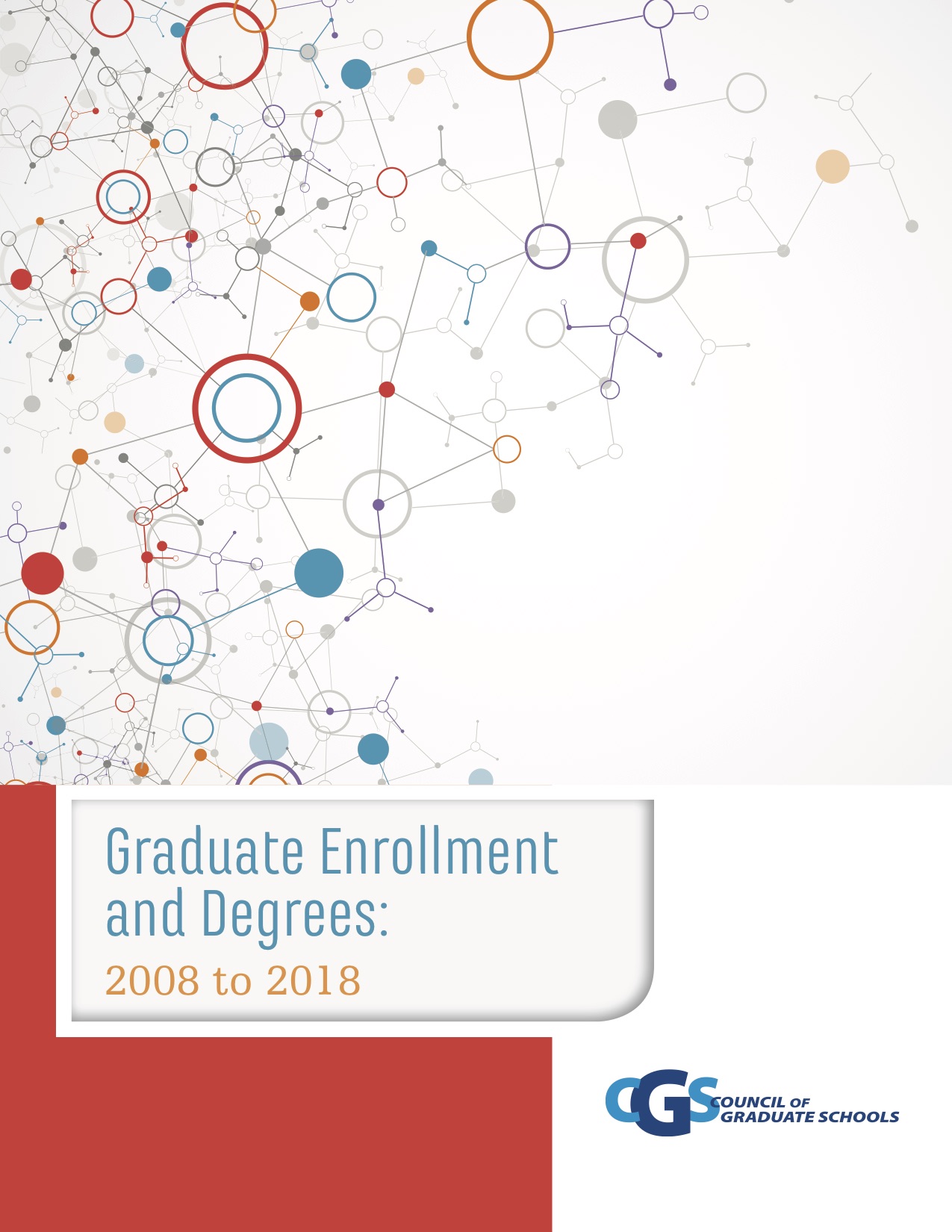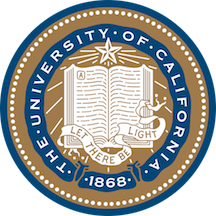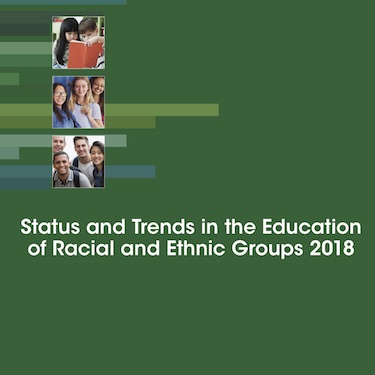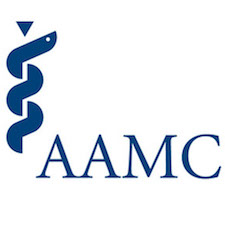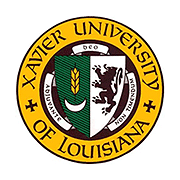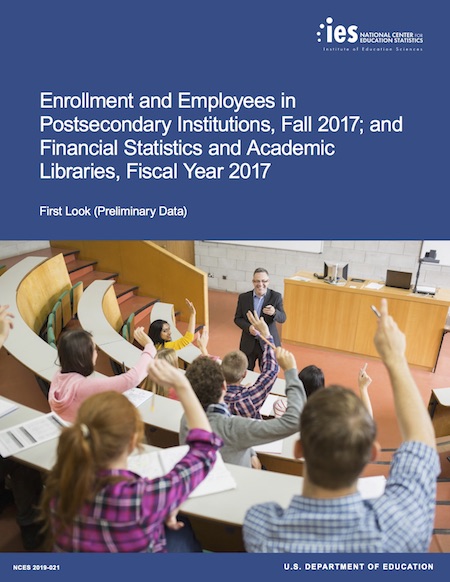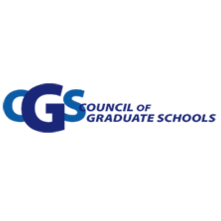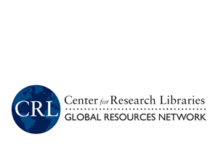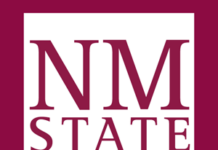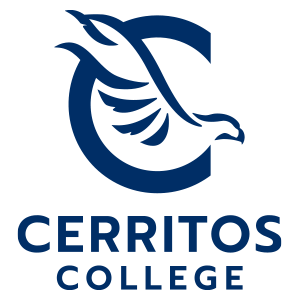Tracking Racial and Ethnic Enrollments in Higher Education During the Pandemic
The National Student Clearinghouse Center has released a preliminary report that shows that this fall Black enrollments in higher education are down by 6.3 percent compared to a year ago. But Black enrollments in graduate school are up by more than 8 percent.
Report Finds that “It’s Time to Worry About College Enrollment Declines Among Blacks”
The percentage of young White Americans with at least an associate's degree is 19 percentage points higher than for young Black adults. Absent significant increases in graduation rates, declines in the number of Black students in college will make it hard to shrink their attainment gap relative to White students.
Some HBCUs Are Bucking the Trend in Higher Education Enrollment Declines
At a time when many colleges and universities are struggling to maintain enrollments at levels of the past several years, many historically Black colleges and universities are seeing increases in enrollments with some schools achieving all-time records.
North Carolina A&T State University Reports Its Fifth Consecutive Year of Record Enrollments
This fall there are 12,754 students enrolled at North Carolina A&T State University, continuing a growth trend that began in 2013, when it became the largest HBCU in the nation. It has held that status now for seven consecutive years.
Elizabeth City State University Shows Significant Enrollment Increases
Due to the COVID-19 pandemic, many colleges and universities are struggling to maintain enrollments at levels that existed a year or two ago. But Elizabeth City State University, a historically Black educational institution in North Carolina is bucking the trend.
A Snapshot of Enrollments at the Nation’s Historically Black Colleges and Universities
In the fall of 2018, there were 291,767 students enrolled at the nation's HBCUs. African Americans made up about 76.5 percent of the enrollments at HBCUs that year. This fall, undoubtedly many HBCUs will struggle to maintain enrollments due to the COVID-19 pandemic.
Black Students Admitted to Highly Selective Colleges and Universities
In an ear, when selective colleges and universities typically hold their admissions statistics for Black student close to their vests, a few have announced how many Black students were admitted to the Class of 2024.
Idaho Bans the Use of Affirmative Action in Admission Decisions at State Universities
Idaho governor Brad Little has signed into law a bill that prohibits the consideration of race in hiring and admissions decisions at state-operated colleges and universities in the state. Idaho becomes the ninth state to ban race-sensitive admissions at state colleges and universities.
Harvard Business School Alumni Seeks Greater Diversity at Their Alma Mater
There are currently 56 African Americans (6.2 percent) in the latest 900-member class at Harvard Business School. At the present time, only two of the 100 tenured faculty members are Black.
The Racial Gap in College Participation Rates in the United States
If we look only at those students who graduated from high school in the spring of 2018, we find that 64.1 percent of Black students had enrolled in postsecondary education by October 2018. For 2018 non-Hispanic White high school graduates, the college participation rate was 71.3 percent.
Black Enrollments at Ivy League Law Schools
Black students make up at least 11 percent of total enrollments at all five Ivy League law schools. Leading the group is Columbia University in New York where there are 39 Black students out of a total enrollment of 124. Thus, Blacks are 31.2 percent of the total enrollments.
The Large Racial Gap in Undergraduate Student Attrition Rates
In October 2018, there were 715,000 African American first-year students in all undergraduate institutions, 638,000 African Americans in their second year, 552,000 in their third year and 389,000 African Americans in their fourth year of college.
Students From Sub-Saharan African Nations at U.S. Colleges and Universities, 2018-19
The Institute for International Education reports that in the 2018-19 academic year, there were 40,290 students from sub-Saharan Africa enrolled at colleges and universities in the United States. They made up 3.7 percent of the 1,095,299 foreign students at U.S. colleges and universities that year.
Examining the Racial Gap in Graduate School Enrollments in the United States
If we look at total enrollments in U.S. graduate schools, we find that in 2018, there were 1,869,845 students. Of these, 190,224, or 10.2 percent were African Americans. Women made up 69.5 percent of all African American graduate school enrollments.
No Progress in the Number of Black Students Admitted to the University of California
Three years ago, there was a major increase in the number of Black students admitted to the nine undergraduate campuses of the University of California. Since that time progress has stagnated.
African Americans Accepted Into the Class of 2023 at High-Ranking Colleges and Universities
Recently, most of the nation’s highest-ranked colleges and universities informed applicants if they had been accepted for admission into the Class of 2023. Some revealed the racial/ethnic breakdown of their admitted students.
Virginia Tech Reports 13 Percent Increase in Black Applicants
In 2016, Virginia Tech President Tim Sands set a goal to have 40 percent of the student body come from underrepresented groups and first generation students by 2022.
Major New Report on the Status and Trends Relating to African American Education
Most of the information is contained in other federal reports, but the 228-page report is useful as it collects data on African American educational attainment at all levels in one place.
Sharp Drop in Black Enrollments at Public Colleges and Universities in Illinois
The number of African-American students enrolled at public colleges and universities in Illinois has fallen nearly 25.9 percent during the five-year period from 2013 to 2017. In contrast, enrollments are up for all other underrepresented groups.
Study Finds the Vast Majority of Americans Say Race Should Not Be a Factor...
A new survey from the Pew Research Center has found that 73 percent of Americans believe that colleges and universities should not consider race or ethnicity when making admissions decisions. Only 7 percent say race should be a major factor in admissions and 19 percent say it should be a minor factor.
New Census Data Shows a Large Racial Gap in Attrition Rates in College Enrollments
In October 2017, there were 719,000 African American first-year students, 664,000 African Americans in their second year, 608,000 in their third year and 324,000 African Americans in their fourth year of college.
Black Students Show Some Progress in Medical School Enrollments
This academic year, 1,540 Black students enrolled at a U.S. medical school. They made up 7.1 percent of all medical school matriculants. The number of Black students enrolling in medical schools is up 14 percent from the 2015-16 academic year. Women were nearly 61 percent of all Black medical school matriculants.
Xavier University of Louisiana Experiences a Surge in Student Enrollments
The 2018 entering class includes 866 new first-year students and 71 new transfer students, making it the largest entering class since 2010. Total enrollment for Xavier University is now 3,231 students, which is the highest overall enrollment since 2011.
A Snapshot of African American Enrollments in Higher Education in the Fall of 2017
There were 20,135,159 students enrolled at Title IV institutions in the fall of 2017. Of these, there were 2,489,088 African Americans in this group. They made up 12.4 percent of the total enrollments. Blacks were 11.4 percent of the total enrollments in graduate programs.
Examining the Data on Black Enrollments in U.S. Graduate Schools
In 2017, there were 188,838 Black students enrolled in graduate schools in the United States. They made up 12.6 percent of all enrollments. There were 56,765 Black men and 130,006 Black women enrolled in graduate school.
Enrollment Surges at a Number of Historically Black Colleges and Universities
Historically Black colleges and universities all over the nation are seeing increases in enrollments. Here are some examples.
UNCF Goes on the Road to Boost Interest in HBCUs
The United Negro College Fund’s (UNCF) Empower Me Tour is a traveling college-and-career-readiness roadshow that aims to inform students about educational opportunities at UNCF member institutions. Last year alone, nearly $4 million in scholarships were awarded by UNCF-member institutions during the tour.
No Progress in Increasing the Number of Black Students Admitted to the University of...
A total of 3,452 Black students were admitted to at least one of the nine undergraduate campuses of the University of California. This is 15 fewer than last year. The number of Black admits was down at six of the nine campuses.
Undergraduate Institutions That Feed the Most Black Students to U.S. Medical Schools
In the 2017 academic year, 118 graduates of Howard University in Washington, D.C., applied to U.S. medical schools. This was the most in the nation. Xavier University of Louisiana, with a much smaller number of total graduates, ranked second and had 103 students apply to medical schools.
How the Great Recession Impacted Black Enrollments in Higher Education
According to a new report from the U.S. Census Bureau, the Great Recession of 2007 to 2009 had a significant impact on higher education enrollments as many families were hard pressed to pay for college.
Black Enrollments in Graduate School Remain Steady
Unlike African American enrollments in undergraduate programs which have dropped in recent years, Black graduate school enrollments have remained steady. In the 2016-17 academic year, 449,617 African Americans were enrolled in graduate programs.
The Downward Spiral of African American Enrollments in Higher Education
Since the 2012-13 academic year the number of Black students enrolled in higher education has declined by 554,278 students. The Black percentage of all enrollments has dropped from 14.4 percent to 13.2 percent.
Black Students Turning Away From CalPoly San Luis Obispo
University officials now say that the publicity surrounding racist incidents this past spring has had a chilling effect on the number of Black students who want to attend the university. Only 0.4 percent of the nearly 55,000 applicants this year were African Americans.
African Americans Accepted for Admission at High-Ranking Colleges and Universities
Recently, the nation’s highest-ranked colleges and universities informed applicants if they had been accepted for admission into the Class of 2022. Some of the nation’s most selective institutions provided acceptance data broken down by race and ethnicity.
The Medical Schools With the Most Black Students
As expected, the three historically Black medical schools have the largest number of Black students. Among the predominantly White medical schools, the largest number of Black students is at Indiana University. Four U.S. medical schools have no Black students.
Bowdoin College Enrolls an Entering Class That Is 14.3 Percent Black
There are 501 students in the current first-year class at Bowdoin College in Brunswick, Maine. The 72 Black students make up 14.3 percent of the first-year class. This ranks Bowdoin second in this year's annual survey of Black first-year students at the nation's leading liberal arts colleges.
